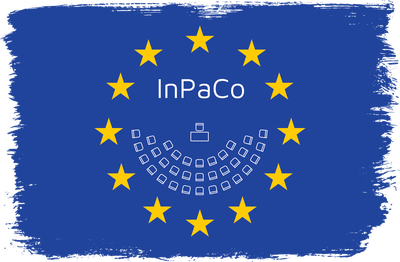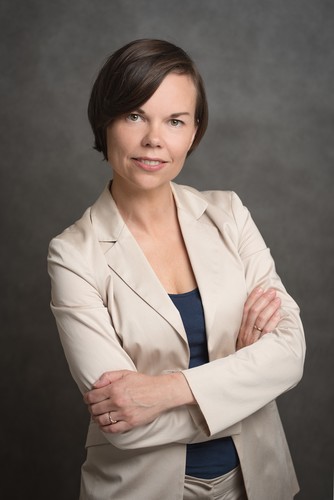Two sides of the same coin?
Unravelling the potential of inter-parliamentary cooperation in
the European Union (InPaCo)
About the project

National parliaments (NPs) and the European Parliament (EP) are two sides of the same coin - the European Union’s (EU) representative democracy (as defined in art. 10 of the Treaty on European Union) - and have an important role to play in the EU multi-level governance system as legitimacy intermediaries. Yet, the unfulfilled potential of their cooperation is one of the factors behind the surge of Euroscepticism, populist parties as well as the general disenchantment of citizens with the grand idea of ‘European project’.
The underlying goal of InPaCo is to explore the potential of inter-parliamentary cooperation (IPC) between national parliaments and the EP in the sphere of EU affairs. The first research objective of InPaCo is to identify institutional preferences and factors that foster and impede interparliamentary dynamics in the area of EU affairs.
- Are the factors behind IPC-related preferences endogenous (i.e. related to political affiliation or nationality) or exogenous (i.e. determined by policy sectors or type of IPC)?
- What preferences do the EP and national parliaments have with respect to potential reforms to strengthen IPC in the EU?
The second research objective of InPaCo is to examine the impact of the recently concluded Conference on the Future of Europe (CoFoE), as well as its related follow-up, on inter-parliamentary relations in the EU.
- Did the CoFoE act as a driver or hindrance to IPC, and why ?
- Has it triggered new forms of transnational parliamentarism in the EU ?
- What does it tell us about the evolution of the EU representative democracy?
InPaCo is a 3-year project financed by the National Science Centre under the OPUS scheme, grant number: 2021/43/B/HS5/00061.
Amount of financing: 200 000 EUR.
Team members

Karolina Borońska-Hryniewiecka (Principal investigator) is an Associate Professor at the Institute of Political Science and member of the Jean Monnet Chair at the University of Wrocław. Since 2020 she has been a visiting fellow at the Centre européen de sociologie et science politique of the Université Paris 1- Sorbonne. Her research lies at the intersection of comparative European politics, legitimacy and legislative studies. In the past, she worked as a Jean Monnet Fellow at the European University Institute (2012-2013), lecturer at the Masaryk University (2013-2015), head of EU programme at the Polish Institute of International Affairs (2016-2018) and was also a visiting fellow at (CEE) Sciences Po (2019-2020). She authored a book “National parliaments in the political system of the European Union. Roles, ambitions and limitations (Parlamenty narodowe w systemie politycznym Unii Europejskiej. Role, ambicje i ograniczenia) published by Wydawnictwo Naukowe Scholar (Warsaw, 2021). Her works have appeared inter alia in European Political Science Review, Politics and Governance, Journal of European Integration and The Journal of Legislative Studies.

Ioanna Christodoulaki is a Postdoctoral Researcher in the InPaCo project and an Assistant Professor at the Institute of Political Science, University of Wrocław. Her current research focuses on the dynamics of interparliamentary cooperation between National Parliaments (NPs) and the European Parliament (EP). Previously, she served as a Postdoctoral Researcher at the Institute of European Studies at the Free University of Brussels (ULB), where she examined issues of democracy and the rule of law, particularly their discourse within EU national parliaments. She is also a member of the Hellenic OCR Team, the pioneering scientific crowdsourcing effort dedicated to the analysis and examination of parliamentary textual data. Ioanna’s research and teaching interests span political science, sociology, and education. She specializes in state-society relations, with a focus on European integration policies, democratic governance, crisis management, political parties and elites, international political economy, social rights and welfare states, globalization and social inequalities, public policies, education for democracy, and political participation. Her research employs a diverse array of methodologies, including qualitative interviews, political discourse analysis, opinion polling, and public opinion analysis, alongside the use of emerging technologies and artificial intelligence in studying national parliaments. She earned her Ph.D. in Political Sociology from Boston University, where she also completed a master’s degree in Education for Democratic Citizenship and Leadership in Mission-Driven Organizations. Additionally, she holds master’s degrees in Political Science and Sociology from the University of Crete, and a bachelor’s degree in Greek Philology from the University of Patras.
More information:
